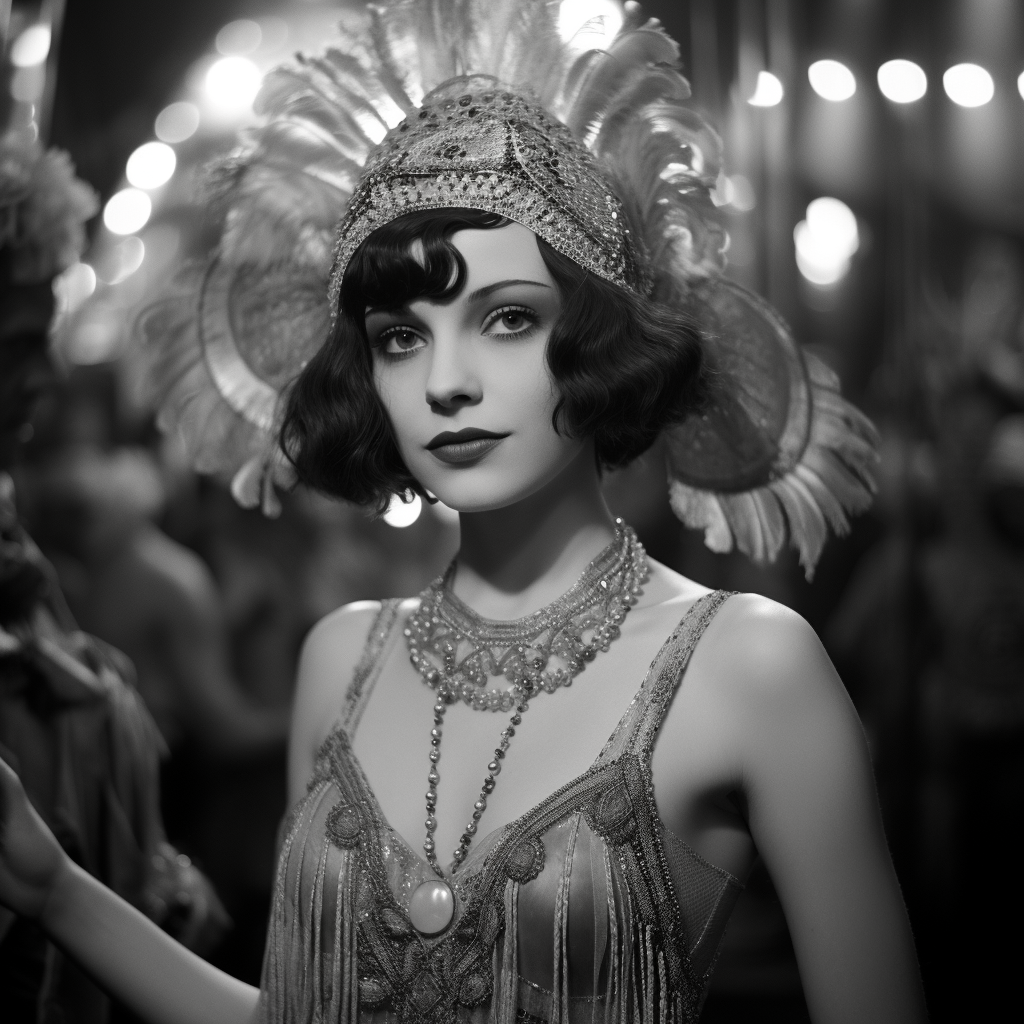Silent films may have given way to the era of talkies, but their impact on cinema history is immeasurable. These early cinematic gems remain a testament to the art of storytelling through visual and emotional expression. From the birth of cinema to its golden age, silent films captivated audiences worldwide and continue to inspire filmmakers and cinephiles alike. In this article, we will explore the best silent films of all time, each a masterpiece in its own right.
- “The Birth of a Nation” (1915)
Directed by D.W. Griffith, “The Birth of a Nation” is a groundbreaking epic that significantly influenced the language of cinema. While it’s a controversial film due to its racist content, it’s impossible to overlook its technical achievements. Griffith’s use of innovative camera techniques and narrative structure set a new standard for filmmaking.
- “Metropolis” (1927)
Fritz Lang’s “Metropolis” is a pioneering science-fiction film that not only pushed the boundaries of special effects but also delivered a powerful social commentary. The film’s iconic imagery, including the Robot Maria, has left an indelible mark on the sci-fi genre.
- “Nosferatu” (1922)
F.W. Murnau’s “Nosferatu” is one of the earliest adaptations of Bram Stoker’s Dracula, though unofficial due to copyright issues. Max Schreck’s portrayal of Count Orlok is hauntingly memorable, and the film’s eerie atmosphere and expressionist visuals have made it a classic in the horror genre.
- “The General” (1926)
Buster Keaton, known for his impeccable comedic timing and stunts, directed and starred in “The General.” This silent comedy masterpiece combines slapstick humor with thrilling action sequences set during the American Civil War. Keaton’s performance and daring stunts make it a timeless classic.
- “The Passion of Joan of Arc” (1928)
Carl Theodor Dreyer’s “The Passion of Joan of Arc” is celebrated for Maria Falconetti’s exceptional performance as Joan of Arc. Shot almost entirely in close-ups, the film captures the emotional intensity of Joan’s trial and martyrdom, making it a moving and visceral cinematic experience.
- “Sunrise: A Song of Two Humans” (1927)
Directed by F.W. Murnau, “Sunrise” is a love story with exquisite visual storytelling. The film’s inventive use of light and shadow, along with its emotional depth, earned it three Academy Awards at the inaugural Oscars ceremony in 1929.
- “City Lights” (1931)
Charlie Chaplin’s “City Lights” may have been released at the cusp of the transition to sound films, but it remains a masterpiece of silent cinema. Chaplin’s iconic Tramp character navigates the challenges of love and friendship in a rapidly changing world, creating moments of both humor and poignancy.
- “The Cabinet of Dr. Caligari” (1920)
Robert Wiene’s “The Cabinet of Dr. Caligari” is a prime example of German Expressionism in film. The surreal, distorted sets and a twisted narrative create an unsettling atmosphere. The film’s influence can be seen in countless horror and thriller films that followed.
- “The Kid” (1921)
Charlie Chaplin’s “The Kid” is a touching and heartwarming tale of the Tramp taking care of an abandoned child. The film showcases Chaplin’s versatility as a director, actor, and comedian, and its emotional resonance has made it a beloved classic.
- “The Battleship Potemkin” (1925)
Sergei Eisenstein’s “The Battleship Potemkin” is a masterclass in montage editing and political filmmaking. The film’s Odessa Steps sequence is one of the most famous and influential scenes in film history, with its innovative use of editing to create tension and emotion.
Silent films may lack spoken dialogue, but they speak volumes through their visual storytelling, emotional depth, and groundbreaking techniques. The best silent films of all time continue to captivate and inspire audiences, making them an essential part of cinematic history. Whether you’re a cinephile or a casual viewer, these timeless classics are a must-see to appreciate the art of silent cinema.
